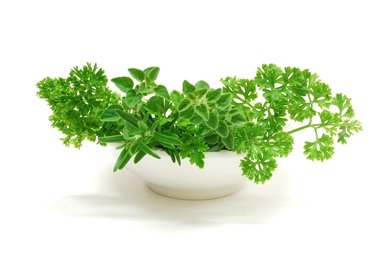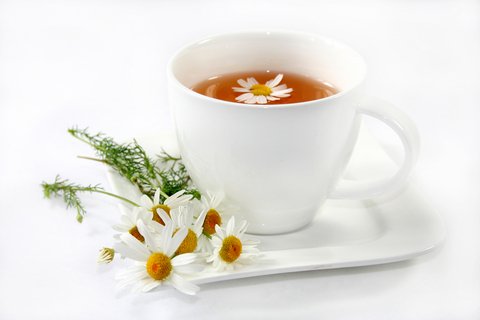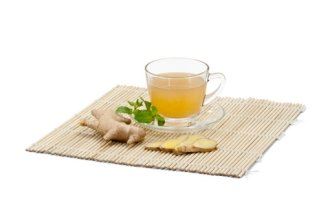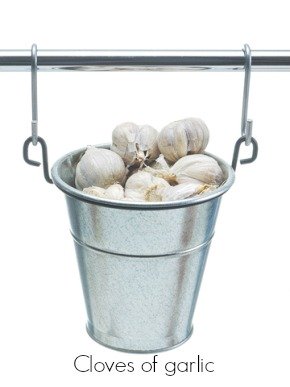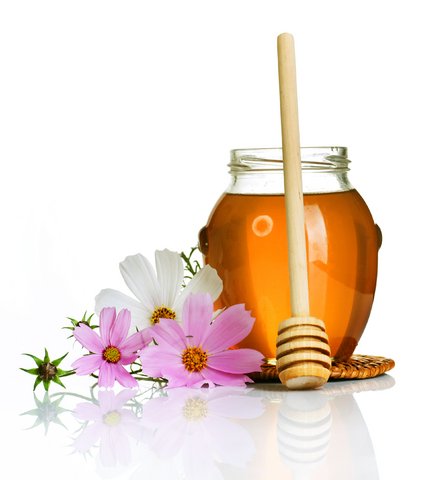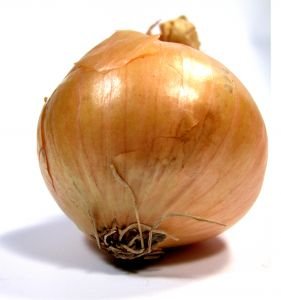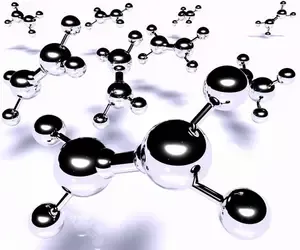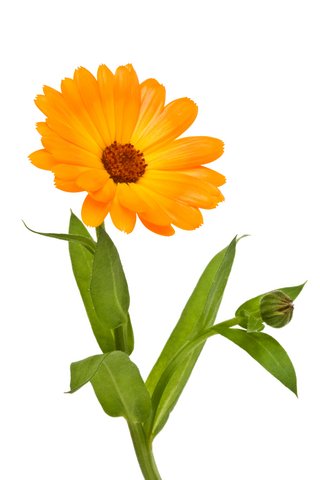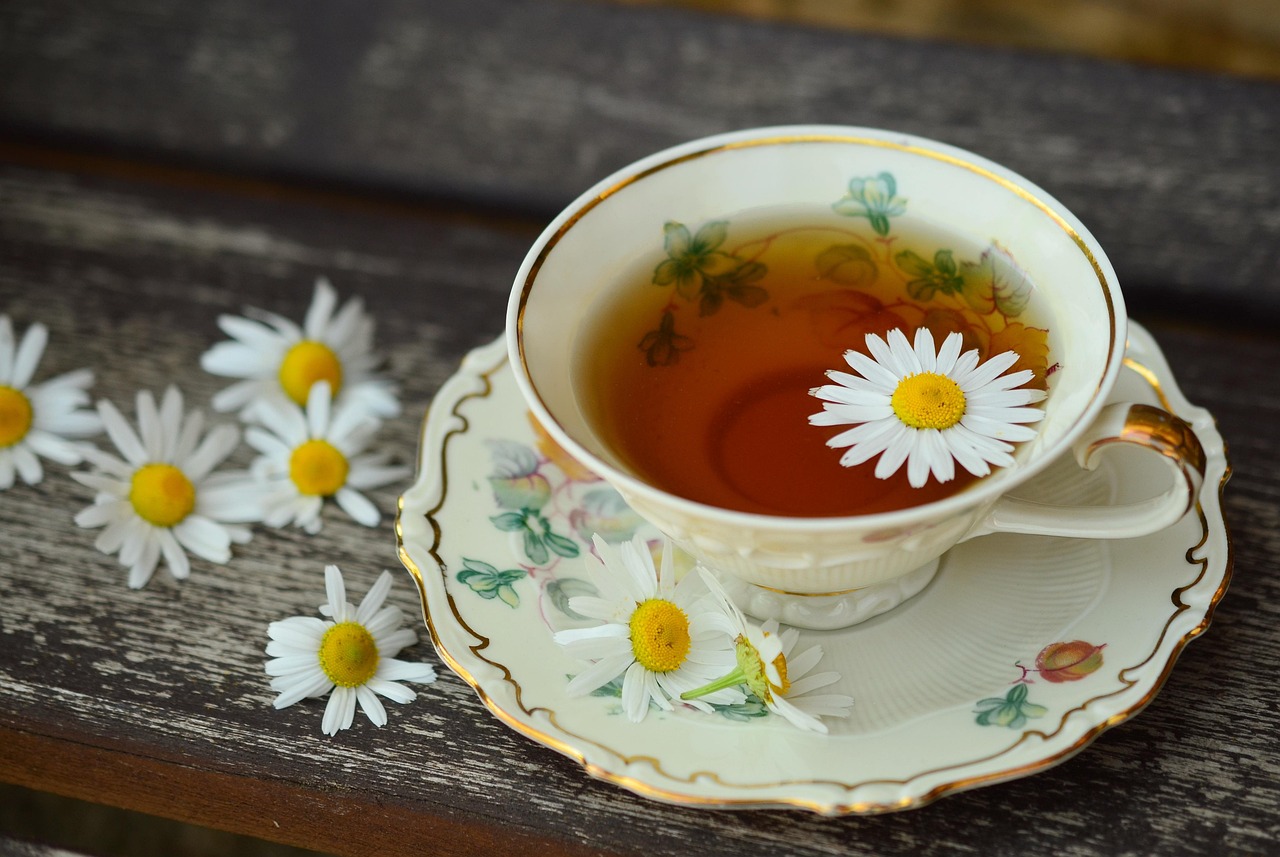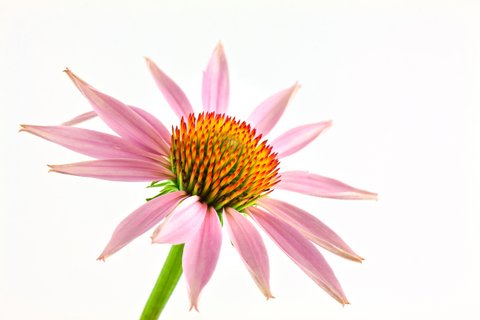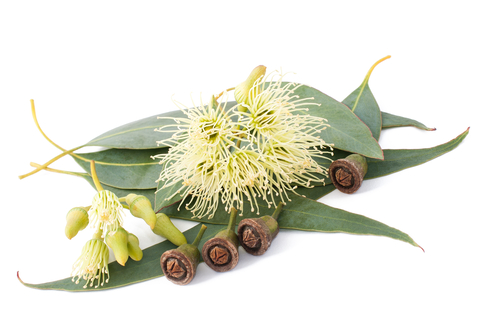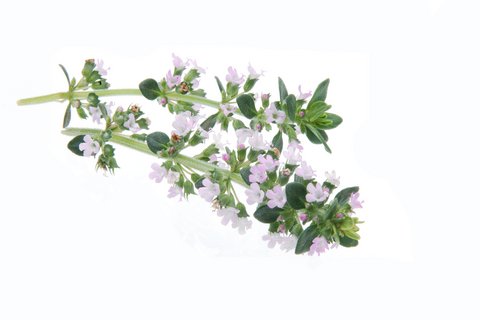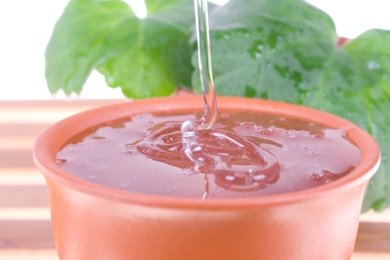Natural Antihistamines
"Let food be your medicine and your medicine be your food. Each one of the substances in a person's diet, acts upon the body and changes it in some unique way, and upon these changes the whole life depends, whether in health, in sickness or convalescent."
Hippocrates 2 000 years ago.
Why do we need natural antihistamines?
Are you sneezing, coughing, sniffing and scratching?
Then you more than likely could do with an antihistamine to provide relief to these irritating symptoms brought on by allergens.
So why not rather take a look at the natural sources available to us first?
P.S. Remember to always check with your Medical Practitioner.
Listed below are some of the ailments and conditions that antihistamines are used for.
It must be stressed that these natural options will not cure the ailments, they are merely used to help provide relief to the symptoms.
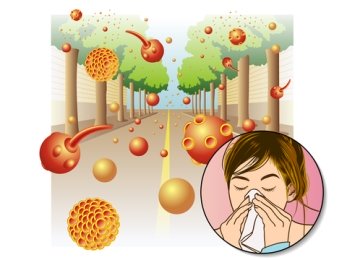
When would I need a Natural Antihistamines?
- hay fever.
- allergic reactions to insect bites or stings.
- mild allergic reactions to food allergies.
- atopic eczema - a common allergic skin condition.
- nettle rash and hives.
- allergic rhinitis - inflammation of the nasal passages.
- allergic inflammation of the eyes or conjunctivitis.
How do Antihistamines work?
- They inhibit the actions of histamine which is a
substance released when the body reacts to a foreign substance (known as an
allergen).
- The antihistamine blocks the histamine from attaching to histamine
receptors, thereby reducing itching, inflammation, colds and coughs,
stomach cramps and other symptoms of reactions to foods, or insect
bites and stings.
Side effects of Antihistimines.
 Side Effects of the Chemical Versions
Side Effects of the Chemical VersionsAnti-histimines, you might be interested to know, are also one of the main ingredients in motion sickness pills, cough syrup and sleeping pills.
Some of the main side effects of the chemical versions are:
- drowsiness
- slow reaction time
- difficulty concentrating
What Herbs have Antihistamine Properties?
The following herbs have many benefits and beneficial medicinal properties coupled with their antihistamine qualities.
- Evening Primrose, which is also rich in potassium, magnesium and iron.
- Nettles, is well known for its relief of arthritis and as a diuretic to rid the body of excessive water.
- Parsley, which is also a popular herb for a home remedy for psoriasis.
- Ginger, for nausea and for high blood pressure.
- Chamomile, which also relaxes the nervous system and helps with insomnia.
- Saffron a wonderful herb for any stomach ailments as well as been a natural antihistamine.
- Anise, makes a very nice infusion which can be used for a day long breath freshener.
- Fennel, a highly aromatic and flavorful herb which can
be used to get rid of fleas when used as a powder around your domestic
animals' beds.
- Caraway, which is also useful for a natural aid to relief of colic.
- Cardamon, another natural anti-histamine herb, and this one can also be used for relief of colic.
- Jewelweed, try this herb as a home remedy for ringworm.
- Basil not only has natural antihistamine properties but can also be used for home remedies for hair loss.
- Echinacea - an effective sinus infection herbal remedy.
- Thyme, a herb which can help with candida or thrush as well as for problem skins.
Warning: People who are allergic to ragweed can also cross-react to Echinacea.
If you prefer the natural route, you should check these ones out below.
People often ask Is Turmeric a Natural Antihistamine?
And the answer is yes, turmeric contains a substance called curcumin which prevents the release of histamine in the body. And this is not the only medicinal benefit of turmeric. And just to add to this, Turmeric is also rich in beta-carotene, enzymes, phosphorus, copper and magnesium.And Lastly what foods are Natural Antihistamines?
We, at Home Remedies Haven, are always singing the praises of natural garlic remedies, natural honey remedies and the various healthy reasons for eating lots and lots of onions.
This thoroughbred threesome is an absolute must on your list of natural antihistamine replacements.
Garlic and onions both contain quercetin which is known to have anti-histamine properties.
And Honey, amongst its many benefits, is purported to have anti-allergenic properties as well.
IMPORTANT NOTICE
Home Remedies Haven would like to reassure all the visitors to our site, that we respect your privacy and do not in any way sell personal information.
